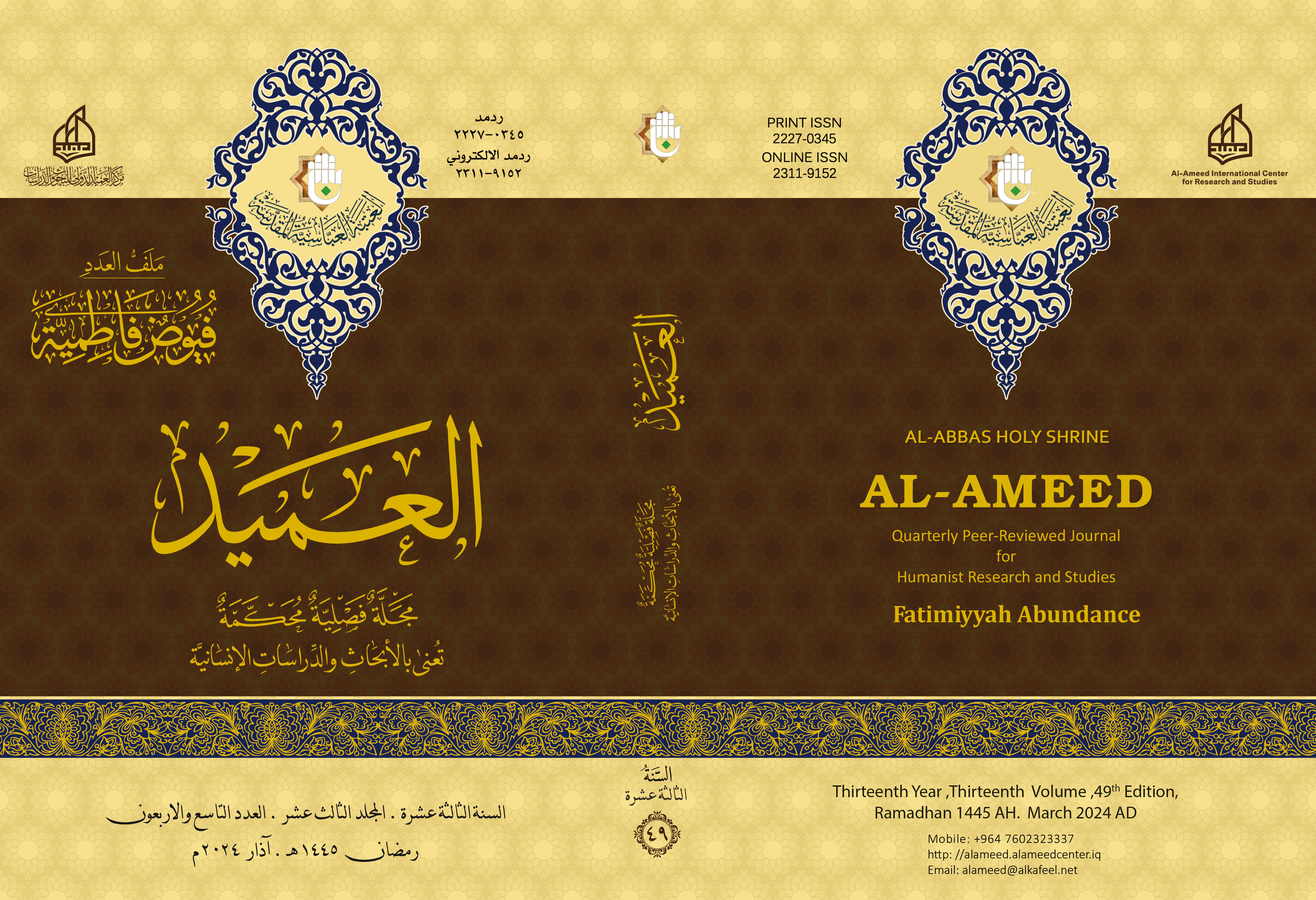الحياة العلمية في مدينة سورا في العصر العباسي (132-656هـ/749-1258م)
DOI:
https://doi.org/10.55568/amd.v13i49.177-208الكلمات المفتاحية:
سورا، اليهود، العلماء ابن طاووس، الحلةالملخص
إن مدينة سورا من المدن العريقة في بلاد الرافدين ذات أرض خصبة، ومياه وفيرة، مما جعل الزراعة فيها متنوعة من الحبوب والفواكه وغيرها، وانعكس هذا الأمر إيجابياً على الحالة المعيشية لسكانها، منذ القدم، وقد سكنها اليهود بعد السبي البابلي، وكذلك سكنها السريان، والنبط، وبعد الفتح الإسلامي للعراق سكنها المسلمون العرب، وكانت سورا حاضرة من الحواضر العلمية لليهود، وفيها مقر رأس الجالوت، والمرجعية العليا لليهود (الجاؤون)، وفيها كُتب وشُرح وتُرجم أهم كتاب عند اليهود وهو (التلمود البابلي)، وتخرج منها عددٌ كبيرٌ من علماء اليهود، وبقي عطاؤهم وسيادتهم العلمية على جميع يهود العالم حتى القرن الخامس الهجري، ومن جهة اخرى تُعد (سورا) من المراكز العلمية الإسلامية بعد الفتح الاسلامي للعراق، إذ انبثق منها مجموعة من الرواة والعلماء المسلمين، الذين أسهموا في تأسيس مدرسة الحلة الدينية الكبرى، فتكون مدرسة الحلة ورثة العلم من سورا، وإن رجالها هم المؤسسون الحقيقيون لمدرستها.
التنزيلات
منشور
إصدار
القسم
الرخصة
الحقوق الفكرية (c) 2024 مجلة العميد مجلة فصلية محكمة تعنى بالابحاث والدراسات الإنسانية

هذا العمل مرخص بموجب Creative Commons Attribution-NonCommercial 4.0 International License.


